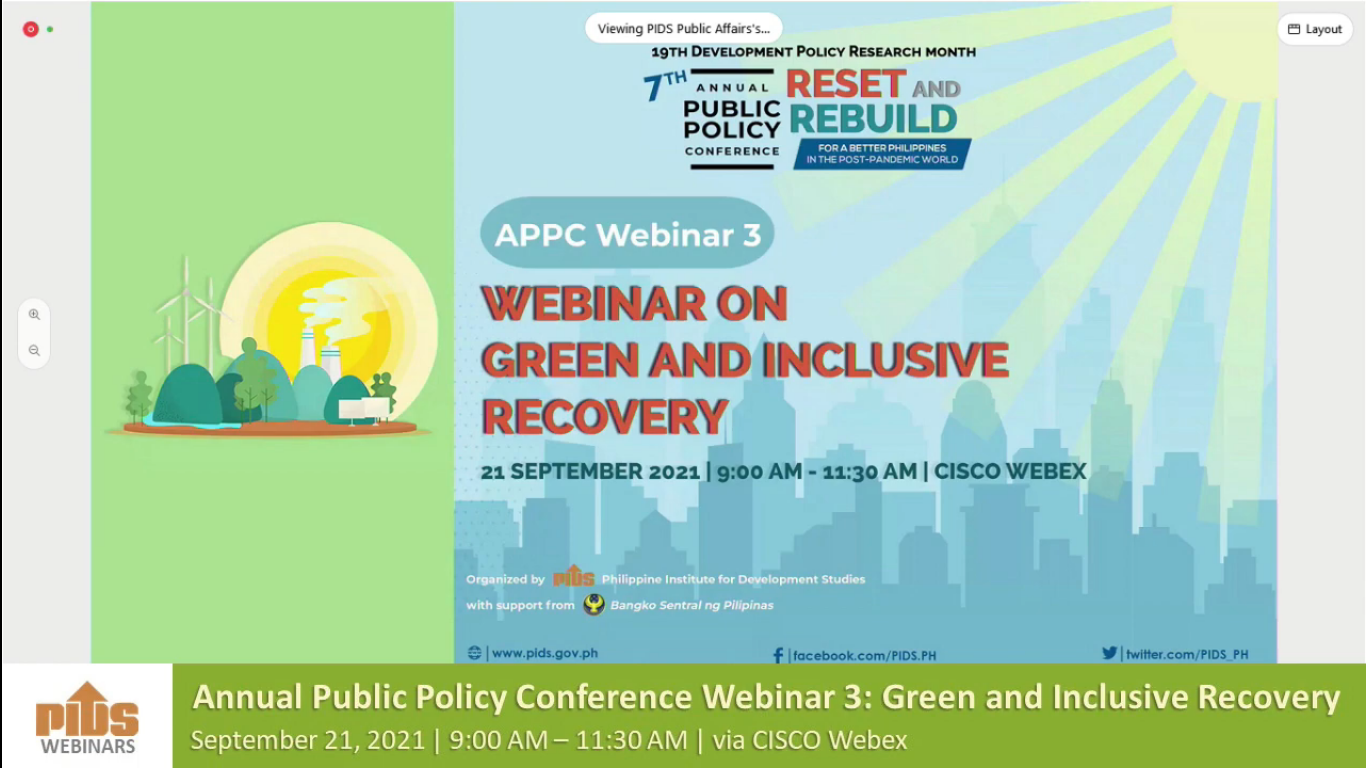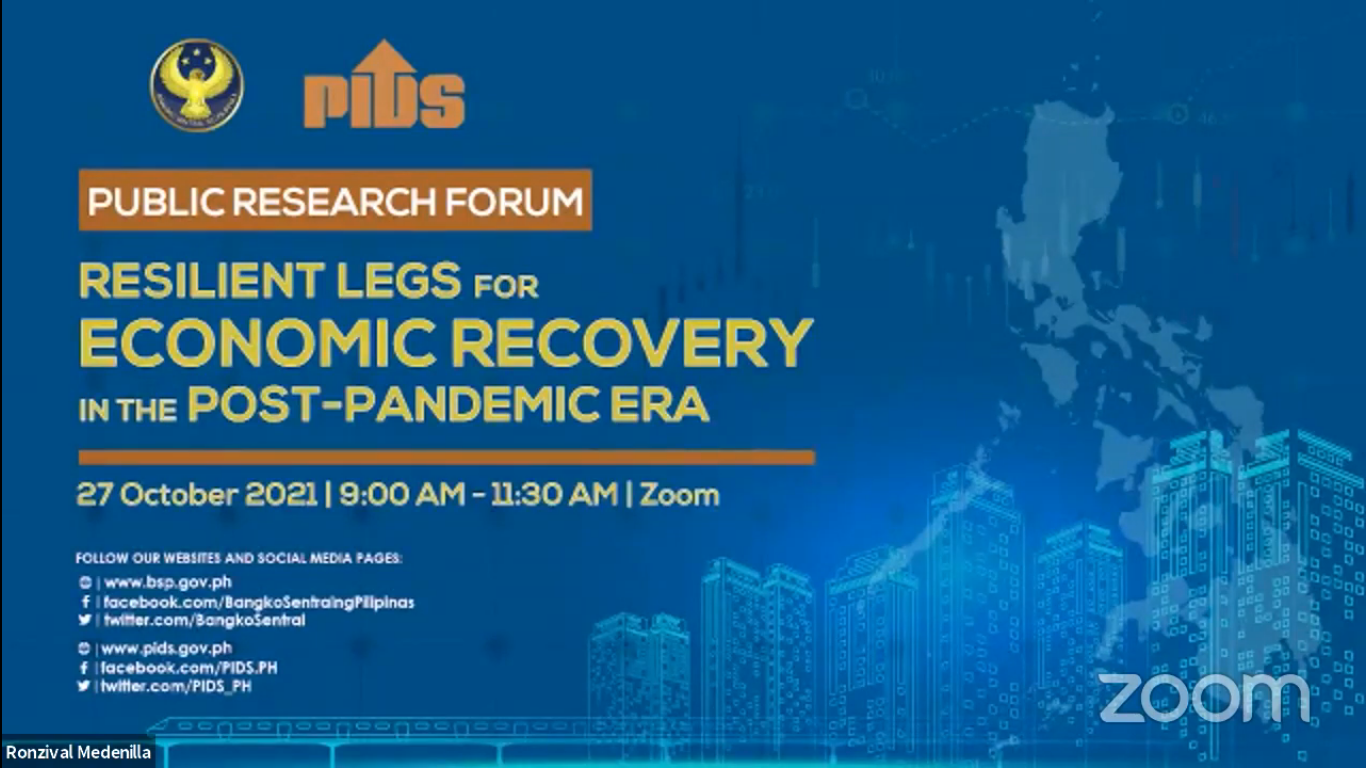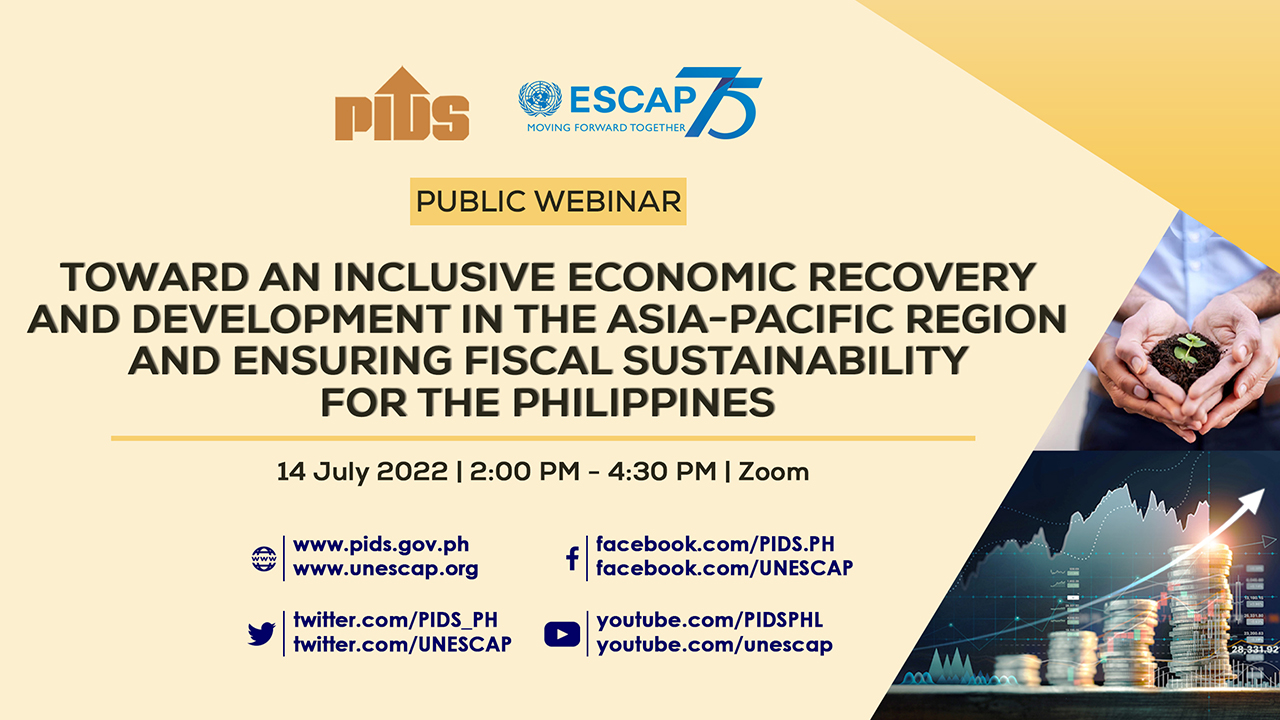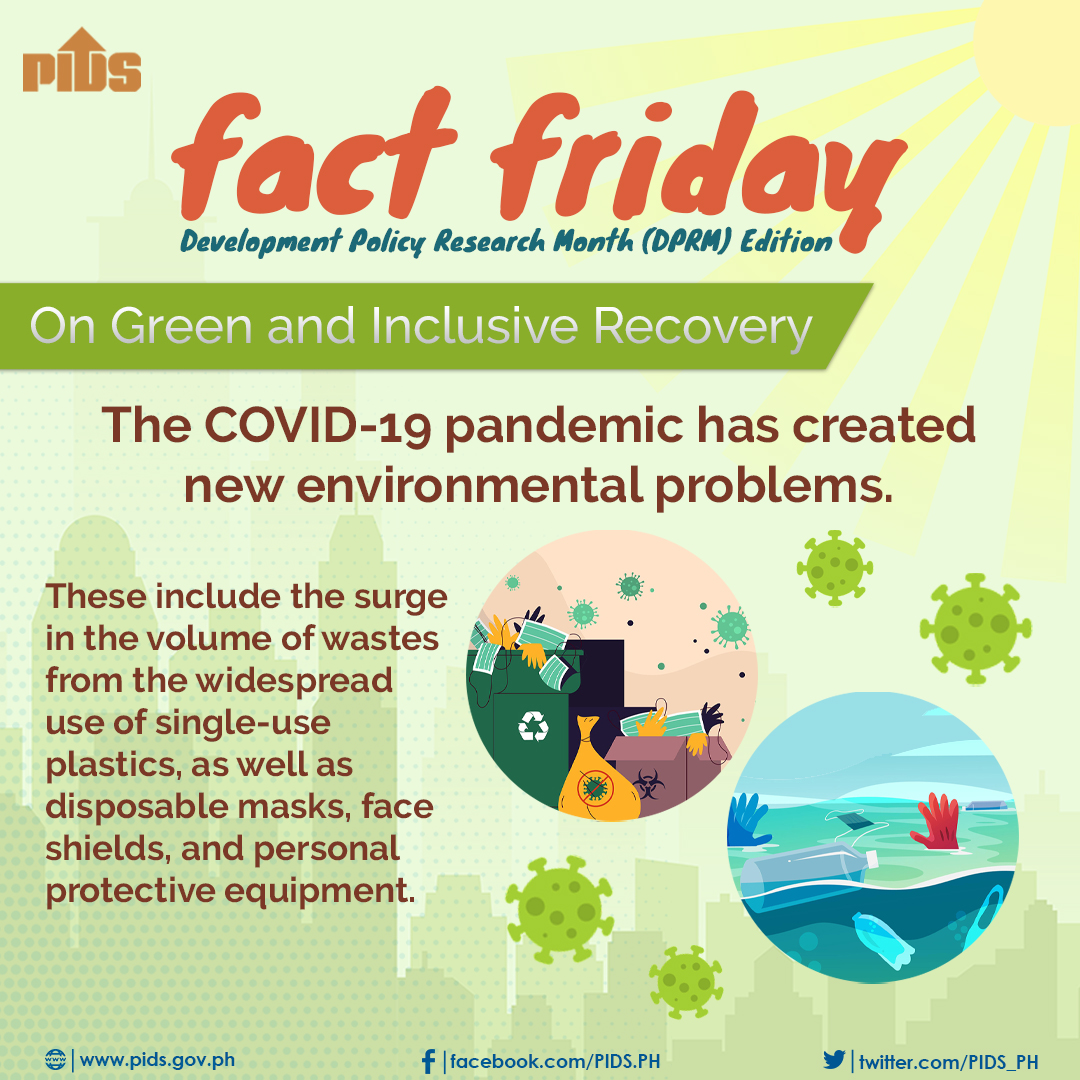THE newspaper headlines screamed the grimness of the country’s economic meltdown — a 9.5 percent drop in gross domestic product (GDP) that topped by 2.5 percent the worst ever recorded in our country’s contemporary history, the 7 percent fall during the end-years of the Marcos regime. It was the worst economic collapse post-World War 2 and the first negative GDP in 21 years — after the 0.5-percent mild slide in 2008, the peak of the global financial crisis.
In peso terms, roughly P1.5 trillion was lopped off the country’s economy. This means the dream of joining the middle economies within the medium term is no longer attainable. And the robust economy required to cut the poverty rate to tolerable — not abject — levels has vanished. The low base to which the pandemic and other related woes have pushed the national economy also means that the return to the prepandemic economy of 2019 would be a tortuous path if not a grim, grim slog. And this grimness cannot be papered over, as it is beyond the spinning power of Harry Roque Jr.’s bloviation.
The promised “Golden Age” has morphed into a graveyard of broken dreams.
Karl Kendrick Chua, the National Economic and Development Authority head, is playing the role of recovery cheerleader, fully optimistic that we have rounded the corner and the toughest days are past us. But looking at the numbers on hunger and joblessness and surging costs of basic food items, and where daily food for the working man means eggs, noodles, dried fish and rice (there was a point when tomatoes and other main vegetables soared to P200 per kilogram), most Filipinos do not share his optimism. Meanwhile, foreign banks and multilateral institutions have stated what Mr. Chua cannot admit — that we will be the last to be past the Covid-19 slump in the Asean region. And one of the truly laggard countries that must go through a deep and long-lasting Covid scarring. There has never been an official admission of our kulelat status.
These hard facts said, the national imperative is now crafting a recovery plan. The plan can even borrow from the Biden slogan. Instead of Build Back Better, we can call it Grow Back Better, which would mandate all institutions to rally behind a plan to up the growth targets, from the usual 5 percent or 6 percent to at least 10 percent a year.
But before we can even have a plan, there is a set of priors that should be dropped, canceled and vanished. And first and foremost of these distracting priors is the totally unhinged preoccupation of the House of Representatives, and some members of the Senate, to amend the Constitution by means foul and cynical.
The case against dropping the charter change (Cha-cha efforts) is preternaturally clear. The stated reason of the Cha-cha proponents is this: the planned lifting of the ownership restrictions, now 60-40 percent, on certain economic sectors such as media and telecommunications, would be a major shot in the arm to the scarred national economy and the lift would be immediate and game changing. The investment environment would attract serious and heavy-hitting investors. Of course, the investment optimism is all on the say-so of the congressmen-proponents, and the path, from A, that represents amendments, to MI, which means massive investments post-A, lack the credible charts and details. When economic scenarios are presented, the scatterplots on how one development leads to another are usually drawn in nice, easy-to-grasp charts. Congress has yet to present those charts. And no serious economist of national stature has vetted the congressional optimism that A leads to MI.
More, at a Senate hearing on Charter change, the head of the think-tank Philippine Institute for Development Studies (PIDS) Rosario Manansan debunked the congressional claims that lifting the ownership restrictions in the Constitution would lead to the massive inflow of foreign capital. What actually prevents investors from moving capital into the country are four fears, she said, namely “macro instability, corruption, high cost of power and poor infrastructure support. Fears that serious governance could ease without assaulting the basic law.
What attracts foreign capital, the one factor most investors are focused on, Dr. Manansan said, is “quality of governance.” The ownership provision in a country’s constitution is not really what investors are looking for when decisions on where to put capital are made. She added two more concerns that turn off investors: violence and political instability.
Retired Supreme Court justice Vicente Mendoza and two former members of the constitutional commission that drafted the 1987 Constitution — Florangel Rosario-Braid and Adolfo Azcuna — told the Senate that the Covid regime is not the time to amend the Charter. The government should focus on the current health crisis, and not on politically suspicious Charter change efforts.
They also more or less shared Dr. Manansan’s view on what factors guide investment
decisions: macroeconomic stability and good governance.
The second distraction that needs canceling is the newfound zeal to find Reds everywhere. During the McCarthy era in the US, one commentator ruefully observed that “chasing Reds has become the new national sport.”
The same thing is happening in the country right now. And like the McCarthy list that targeted innocent people, the recently compiled list of supposed UP students who either died or were captured while with the New People’s Army included men and women in society’s mainstream: lawyers, journalists, artists and entrepreneurs. They probably read Marx and Lenin and Mao in their youth but who didn’t? Then moved on into their professional and entrepreneurial pursuits.
Of course, we can find “Reds” under bed covers, inside closets, on every nook and corner of universities. But these are the imaginary kind, the kind that will not cause the State any harm. The last political leader in the 21st century who inveighed against “communists” and “socialists” and made them campaign bogeymen, lost miserably on November 3 and will be listed as the worst president in his country’s history, edging out the clueless and superbly incompetent James Buchanan.










